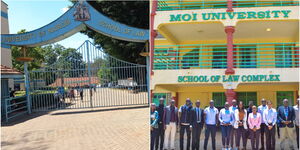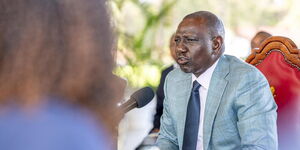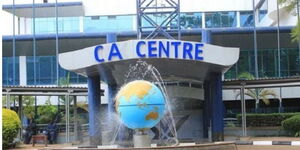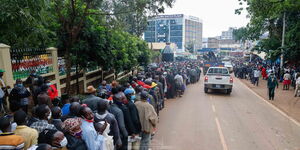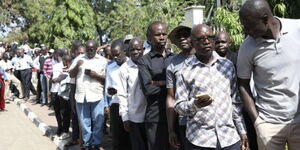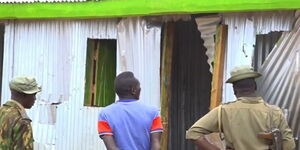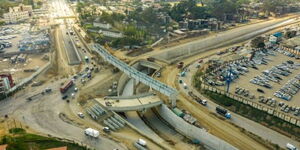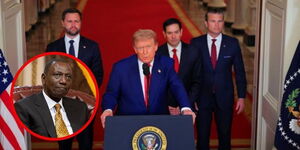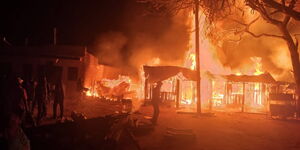The Inter-Religious Council of Kenya (IRCK) has called upon the government to take action on politicians using religion to mobilize chaos and destruction.
Through a statement released on Thursday, July 10, IRCK condemned the recent spate of violence, killings, destruction of property, and protests, and challenged President William Ruto to take urgent action.
At the top of this was the censure of religion as a catalyst for destruction, with the religious body encouraging Ruto to restore the public trust during the current period of political instability.
In Kenya, religion is a common element in the politics of the nation, with politicians often seen in churches speaking about politics or invoking the name of God and even using Bible verses as quotes or metaphors to advance their political agenda.
President William Ruto has often expressed his love for God and the church, often hosting leaders of various Christian denominations at State House, Nairobi. Recently, Ruto sparked controversy after vowing to build a church on the grounds of State House, Nairobi, at a rumoured cost of Ksh1.2 billion.
Even so, this has always put religious institutions, especially in the Christian faith, at a crossroads over their stand on various national matters. Recently, Kenyans have put certain denominations on the spot over engaging with the government.
Other denominations, such as Catholics, have taken their stand, often seeking to distance themselves from the current government.
In the same breath, the group also proposed similar action to politicians who use negative ethnicity for political mobilisation. This is particularly so after politicians from both sides of the political divide accused each other of using ethnic hatred to stir violence.
“Kenya is in a very sad and dangerous state. The fight by the dominant political elite to acquire, protect, and consolidate political and economic power is tearing our nation apart with unprecedented tension, violence, and the killing of innocent citizens,” IRCK stated.
“The state, through ineptitude or deliberate provocations, has degenerated what started as an expression of discontent with the Finance Bill 2024 into a murderous chaos characterized by incessant demonstrations, destruction of property and public service facilities, abductions, forced disappearances, and extrajudicial killings. We cannot continue like this as a nation,” it further added.
In addition, IRCK called upon the government to ensure senior state perpetrators of violence and financial scandals face the law through meaningful prosecutions.
IRCK also challenged commissions under Chapter Six of the Constitution to rise and take necessary action against all persons who are abusing power and misusing security personnel to further their political interests.
It also proposed the urgent setting up of a Judicial Commission of Inquiry under the Commissions of Inquiry Act to investigate all the fatalities that have occurred during demonstrations since June 2024.
Despite their demands, IRCK revealed it was “ready and willing to offer mediation between the government, the youth, and all other actors to promote peaceful coexistence and understanding.”

